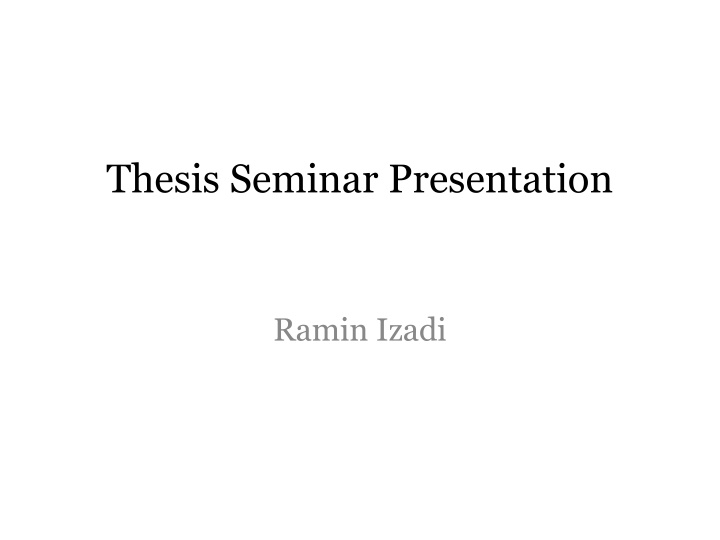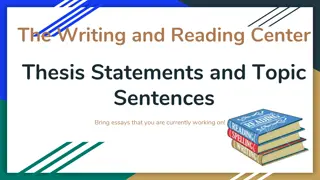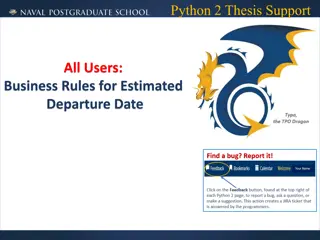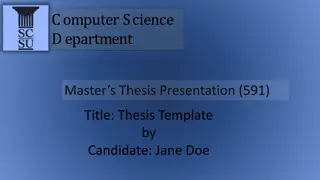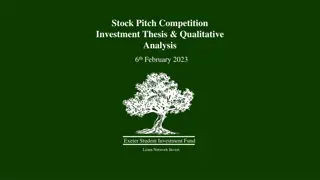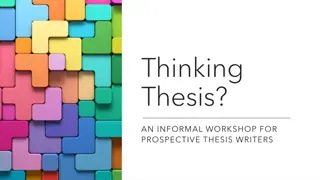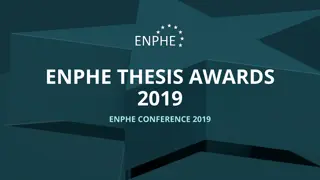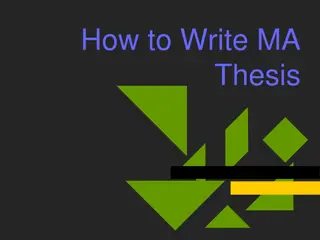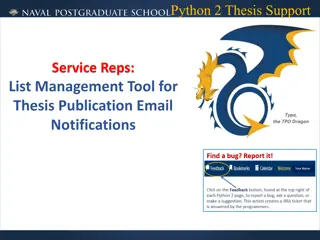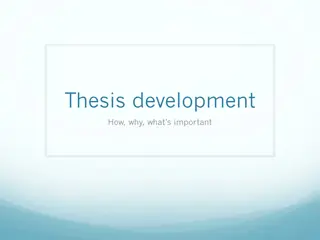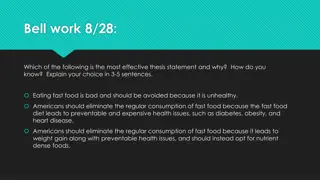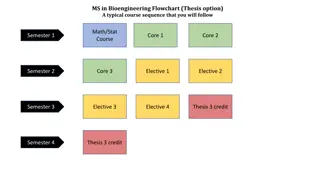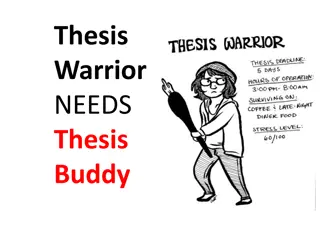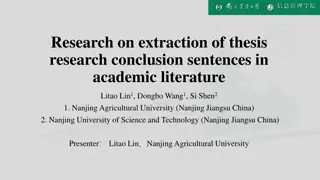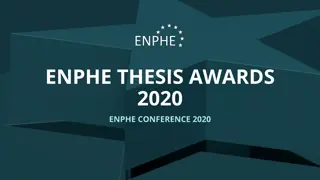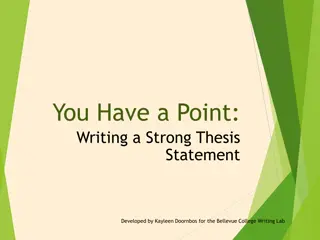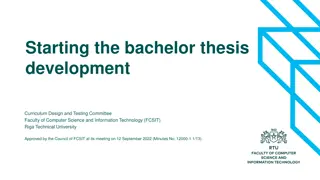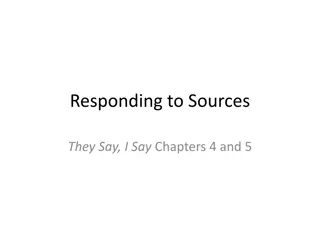Thesis Seminar Presentation
A presentation by Ramin Izadi on his thesis seminar. Join to learn about the topic from a knowledgeable speaker. Gain insights into his research findings and conclusions, and engage in a thought-provoking discussion. This seminar provides a unique opportunity to delve into the subject matter and expand your understanding of the field.
Download Presentation

Please find below an Image/Link to download the presentation.
The content on the website is provided AS IS for your information and personal use only. It may not be sold, licensed, or shared on other websites without obtaining consent from the author.If you encounter any issues during the download, it is possible that the publisher has removed the file from their server.
You are allowed to download the files provided on this website for personal or commercial use, subject to the condition that they are used lawfully. All files are the property of their respective owners.
The content on the website is provided AS IS for your information and personal use only. It may not be sold, licensed, or shared on other websites without obtaining consent from the author.
E N D
Presentation Transcript
Thesis Seminar Presentation Ramin Izadi
1. What is the question I am interested in? What is the effect of closing down schools on student outcomes?
2. Why would answer to this question be of interest? The topic has been prominently visible in mainstream media during the 2000s. The results would have direct policy implications on school policy in the regional and national level. No previous empirical studies trying to causally link school close downs and student outcomes.
3.What does economics theory tell about the issue? Economic theory has little to say about determinants of academic success or health. What about drop out rates? High school entry rates? Need to go to educational theory? At least an indirect link could be found from theory between student outcomes and variables that are affected by closing down school (class size?) The aim of this paper is to determine the causal effect. Theory may help, for example in assessing the credibility of the "selection on observables" assumption.
4. Do I have a convincing strategy of answering the question? The underlying experiment: Random sample of 1000 elementary schools to be closed down out of around 3000 elementary schools nationwide Control group: The students that would have started first grade in one of the closed schools next year. Treatment group: Rest of the students who start first grade in an elementary school next year. Outcome examples: 9th grade GPA, dropout rate, health outcomes, high school entry rate etc.
Actual identification strategy: Matching: Control group: Students, whose zip-code indicates that they would have been assigned to start first grade in a closed school. (Students in this group are assigned to a different school instead now.) Treatment group: Students, whose schools are not closed down. GenMatch to determine the average treatment effect Is there an implied dif-in-dif design? With staggered entry?
5. Do I have data, or an idea where I could find data for answering the question? Data comes from Tilastokeskus. My access is through VATT. 6. Is there enough variation in data to identify the effects I am interested in? Don't know yet
7. Why is there variation in the key independent variables? - In most cases data are not based on controlled experiments Closed down schools are mostly rural schools. Variation in independent variables arises mainly from the differences between rural and urban students/school environments. These variations probably correlate heavily with the probability of treatment assignment, which would lead to bias if uncontrolled. Matching can control for this. Dif-in-Dif can control for this.
8. What have others written about the issue? How does my approach differ from others? Is there anything I do better than others? No reference material yet.
